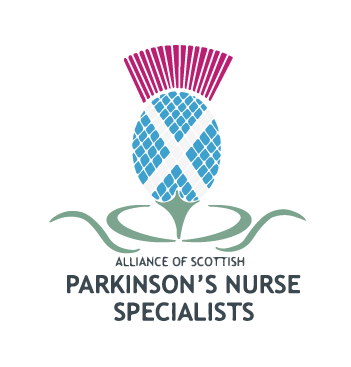Event
Palliative Care MasterClass 5
Our Palliative Care MasterClasses are uniquely designed for healthcare professionals to develop a dual skillset in neurological palliative care. Ideally suited to experienced healthcare professionals within neurology, medicine for the elderly, and palliative care: including doctors and specialist trainees, specialist nurses, therapists, allied health professionals and GPs.
Our sponsor
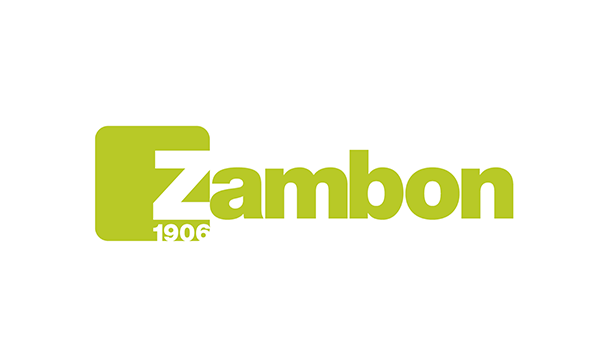
This meeting has been part funded by sponsorship from Zambon UK Limited. The sponsor has had no control over the educational content or the organisation of this meeting.
Timeframe
Modules 1A & 1B: online and on-demand
Module 2: 12th – 13th November 2024, in-person course in Sheffield (or virtual attendance)
Location
Halifax Hall, Sheffield University Campus
Endcliffe Vale Road
Sheffield
S10 3ER
Course overview
Dual-specialism is rare in the UK when compared to the United States, and yet a dual skill-set in these two areas can improve quality of care and confidence of practitioners. This course offers a unique opportunity to develop just that across neurology and palliative care.
Palliative care specialists will receive a strong grounding in neurology and be equipped to apply their experience to the specific challenges that come with advanced neurological conditions, from communication to medication, complex symptoms to cognition.
Meanwhile, neurology specialists can hone their understanding of palliative and end of life care and feel confident applying palliative principles from diagnosis onwards, compassionately supporting patients in understanding and preparing for 'a good death' in time.
About the course
Delivered in a unique hybrid learning format, the first modules of the course are virtual. Available at the point of successful registration, they can be accessed in the delegate's own time and at their preferred learning pace.
Module 1A, 'The basics of neurology', and module 1B, 'The basics of palliative care' can be accessed entirely, in part, or not at all depending on the delegates' own knowledge and abilities. Additional resources further round out the learning as required, and the modules are completely self-directed.
All delegates are expected to tailor their virtual education element so that they arrive at module 2, a 2-day residential course, with a strong grounding in both palliative care and neurology, to allow for deep-dive education and complex case discussion during this final module.
Providing an approach to neuro-palliative care within the framework of four common neurological conditions: Parkinson’s, multiple sclerosis (MS), dementia, and motor neurone disease (MND), the course uses case-based learning and expert panel discussion to look at the specific aspects of palliative and end of life care pertaining to each condition, as well as examining common cross-condition challenges experienced in neurology at the end of life.
'Developing dual skills across neurology and palliative care has the potential to improve the quality and depth of care and support available to people with a neurological condition and to offer professional development.'
Dr Ed Richfield, consultant in elderly medicine, North Bristol NHS Trust
Learning objectives across all delegates:
For delegates with a background in palliative care:
- To develop a more in-depth knowledge of common neurological conditions as a basis for palliative interventions (multiple sclerosis (MS), Parkinson's, dementia and motor neurone disease (MND).)
- To gain understanding of common management strategies for these neurological conditions
- To understand symptom and disease-specific interventions via case-based learning to support clinical practice
For delegates with a background in neurology:
- To understand basic palliative care principles and their application in neurology
- To gain insight into neuropalliative care and how it fits into current practice
- To understand symptom and disease-specific interventions via case-based learning to support clinical practice
As well as the following across all delegates:
- To develop a greater knowledge of how to update existing and augment new models of care, national guidance and existing pathways
- To discuss how we can collaborate to utilise recent national reports to improve services ( for example GIRFT, NNAG)
- To share experience and learning across peers and begin to reduce variance in palliative care provision
- To facilitate professional development through upskilling and the development of peer networks
Who is this course for?
Uniquely designed to create a neuro-palliative dual specialism, this course is ideally suited to anyone with a specialism in either palliative care or neurology, and will cater to the needs of each individual's background.
Consultants or specialist trainees and specialist nurses from neurology, medicine for the elderly or palliative care, experienced therapists, allied health professionals and GPs working in any of these fields will greatly benefit from this bespoke course.
Course cost
In person: £660 incl. VAT*
Virtual attendance: £510 incl. VAT*
*VAT is charged at the standard UK rate of 20%
All delegates must pay a non refundable deposit of £150 before they get access to the online virtual education. This course is also open to international delegates for virtual attendance.
Travel and accommodation
Delegates are responsible for their own accommodation and travel costs. Once you have completed the application form, should you require accommodation, you will be contacted with regard to payment.
If you require more information do not hesitate to contact us: events@neurologyacademy.org
"Pre-course reading/webinars were very helpful and relevant. Venue was very good. Speakers were engaging. Case discussions kept it lively. Time to network with other delegates. I have been looking forward to this for some years and it did not disappoint."
"As a geriatrician, it was really interesting to look at palliative care frameworks in comparison to CGA. I think this may be a helpful approach to try and engage others in the workplace who fear they need to do lots 'more'."
"Absolutely fantastic content and delivery - I just wish my PD nurse specialist colleague was here, she would have found it so valuable."
Delegate feedback from 2023 MasterClass
Our sponsor

This meeting has been part funded by sponsorship from Zambon UK Limited. The sponsor has had no control over the educational content or the organisation of this meeting.
Chairs
 Dr Ed Richfield
Dr Ed RichfieldConsultant in elderly medicine, North Bristol NHS Trust
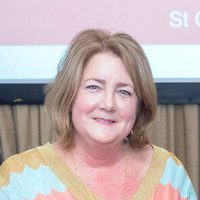 Ruth Stross
Ruth StrossDirector of services, MS Trust
Speakers
 Dr David Okai
Dr David OkaiClinical lead for psychiatry, South London and Maudsley NHS Foundation Trust
 Jennifer Casson
Jennifer CassonTeam leader for the advanced dementia support team, occupational therapist, End of Life Partnership
 Anna Tucker
Anna TuckerSpeech and language therapist, North Bristol NHS Trust
 Viv Horton
Viv HortonHighly advanced pharmacist neurology, South Tees Hospitals NHS Foundation Trust
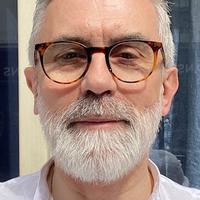 Rev Andrew Goodhead
Rev Andrew GoodheadLead Chaplain, St Christopher's Hospice & Visiting Lecturer, Kings College London
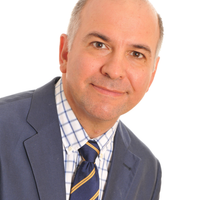 Jon Tomas
Jon TomasConsultant in palliative medicine, University Hospitals Coventry and Warwickshire
 Georgina Carr
Georgina CarrCEO, The Neurological Alliance
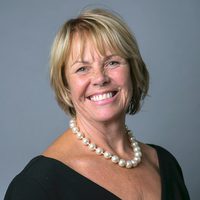 Sue Thomas
Sue ThomasIndependent healthcare consultant & PPV member, NHSE neurology transformation CRG
 Dr Emma Husbands
Dr Emma HusbandsPalliative care consultant, Gloucestershire Hospitals NHS Foundation Trust
 Rachael Marsden
Rachael MarsdenMND nurse consultant, MND Oxford UK
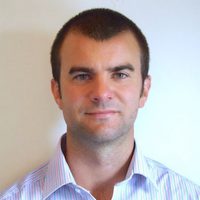 Sean White
Sean WhiteNIHR Clinical doctoral research doctoral fellow & MND dietitian, Sheffield Teaching Hospitals NHS Foundation Trust
 Sarah Roderick
Sarah RoderickMS nurse specialist, Cambridgeshire and Peterborough NHS Foundation Trust
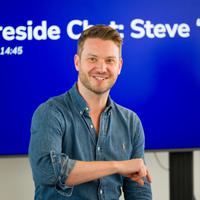 James Townsend
James TownsendCo-Founder and CEO at Mobilise, Mobilise
For every person, at any stage
Palliative Care Academy challenges the idea of palliative care as a late-stage service. Whilst recognising the practical nuances and bespoke approaches needed in palliative care for people with dementia, Parkinson's, MS and motor neurone disease respectively, the Academy promotes a holistic and positive approach to palliative care at any stage of any condition.
